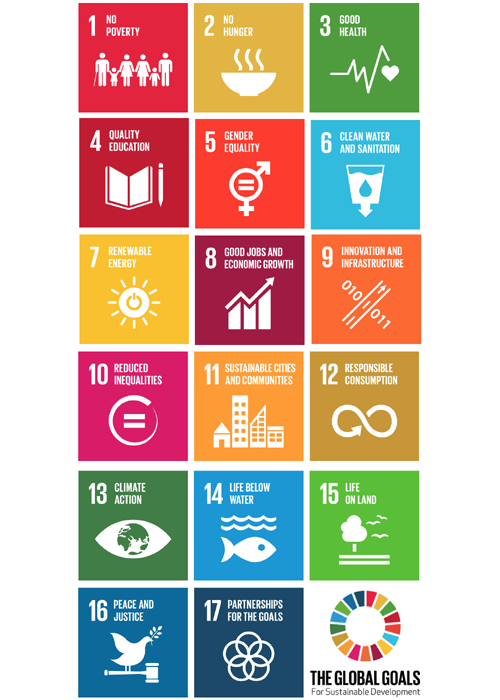
 Salem Social Service Society Sustainable Development Goal
Salem Social Service Society Sustainable Development Goal
PROMOTION OF SELF - RELIANT AND SELF-SUSTAINING PEOPLE’S FEDERATION FOR SOCIAL TRANSFORMATION / NEW THURUST PROGRAMME, PHASE VII
Goal
Marginalized communities in Tamil Nadu are enabled to access and control their resources and to sustainably enhance their quality of life.
Objective No.1:
Diocesan Social Service Societies (DSSSs) are enabled to enhance the capacities of Panchayat Raj Institution (PRI) functionaries, local elected representatives and marginalized communities in protecting their natural resources and ensuring the rights of vulnerable groups.
Indicaticators:
- 50% of people involved in the project have engaged in finding solutions for pressing issues such as access to land and water, domestic violence, child abuse, conflict management, etc.
- Gram panchayats, (GPs) and PRIs show an increased willingness and accountability to address and combat social issues such as malnutrition, violence against and abuse of women and children, social inequality of Dalits, etc.
Objective No.2
- The capacity and knowledge of TASOSS,DSSSs and community-based organizations (CBOs) are strengthened in planning, implementing and monitoring innovative, sustainable and inclusive social small-scale enterprises, including for the protection of natural resources.
Indicator:
- 10 innovative, inclusive and sustainable social enterprises have been initiated, including in the field of renewable energies. The following measures and activities to be implemented are structured in accordance with the clustering in the project proposal.
Referring to objective no.1::
- Conducting participatory consultations with all involved in the project, identifying marginalised target groups according to set criteria (dimension of poverty, membership of lower castes, functioning CBOs), conducting regular planning and review meetings.
- Producing information, Education and Communication (IEC) materials and conducting trainings at TASOSS and DSSS level on project management monitoring, environmental protection, management of water resources, land rights, infrastructure development, income maintenance for marginalised groups (including resource mapping), conducting social audits,etc.
- Building capacity of GP and PRI members for the inclusion of particularly vulnerable groups of society, e.g. in the development of Gram Panchayat Development Plans GPDPs), the access to government schemes, renewable energy solutions at household level (solar lamps, etc.) Organising exposure visits to other civil society actors (e.g.to the Keystone Foundation on sustainable agriculture and transforming agricultural producer groups into producer owned organisations, etc.)
- Producing and using IEC materials on human rights, in particular on securing the rights of Dalits, women and children
- Building alliances with government departments to set up/continue appropriate schemes to protect women and children (in the field of health, education, councelling in the case of domestic violence, legal aid, etc.).
- Organising vigilance communities that engage against discrimination violence against vulnerable groups, organising/strengthening children parliaments (CPs).
Referring to objective no.2:
- Identifying 25 potential entrepreneurs engaged in promoting sustainable livelihood; carrying out training for trainers on training/mentoring entrepreneurs, conducting exposure visits; strengthening locally managed people’s Banks in four different areas.
- Conducting workshops for the planning, implementation and monitoring of 10 innovative, sustainable and inclusive social enterprises, including for the protection of natural resources and in the field of regenerative energies, combined with appropriate exposure visits; Following up and monitoring the innovative projects regularly

